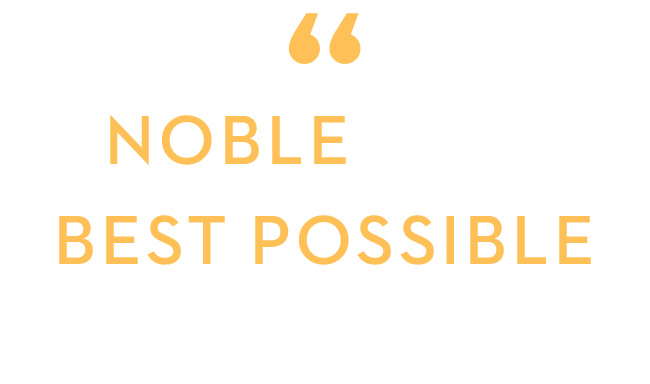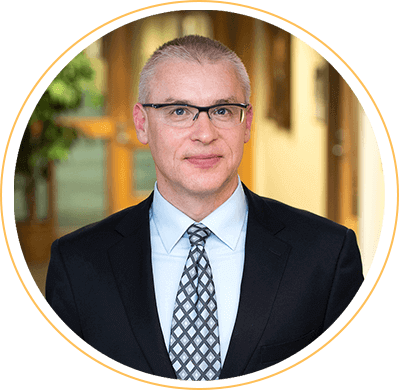

A monthly series:
Where Discovery Creates Hope
A resource for Minnesota: How the University of Minnesota is responding to the health challenges of the pandemic
Minnesota is a state full of incredible resources: our rich farmland, beautiful lakes and forests, sites sacred to our indigenous peoples, culture of biotechnical innovation, and people with a strong work ethic and desire to help others. One of the state’s resources is the University of Minnesota.
At the University, our richest resource is our people — physicians, scientists, educators, staff, and students. In the week between March 16 and 23, we saw many of these people shift their focus to understanding, treating, and preventing COVID-19.
The Medical School is funding COVID-19 Rapid Response Grants in which resources from throughout the University are coming together to address the unique problems of this virus and the pandemic by: improving patient care with new therapies and equipment, running clinical trials of new treatments, developing diagnostic tests and testing capacity, and providing care to patients with COVID-19.
Voices of Hope
To reflect this rapid transformation, the format of this week’s story is different from the rest of this series. Today you will hear from some of the people from across the University who are working to change the course of this virus now and in the future.
Attacking The Virus
Alon Herschhorn, PhD
Medical School
Herschhorn, an expert on infectious disease and AIDS, is now using his knowledge of viruses to identify ways to attack the vulnerabilities of emerging coronaviruses.
Increasing Testing
Sophia L Yohe, MD
Medical School
How do you increase COVID-19 testing? Yohe knows. She led the effort to repurpose equipment from labs across campus to create a new COVID-19 testing lab and develop a fully validated coronavirus test in five days.
Preventing Immune Damage
Joshua Rhein, MD
Medical School
Some people with no underlying conditions become sicker because their immune system overreacts to COVID-19, causing inflammation. Rhein is testing a new therapy using natural killer cells to attack the virus and moderate the immune response.
Computer Simulation
David Odde, PhD
College of Science and Engineering
Odde creates disease simulators to predict the progression of cancer and neurodegenerative disorders. He extended his research in these areas to work on a simulator to help predict clinical trial outcomes for new COVID-19 therapies.
Developing Vaccine
Yuying Liang, MS, PhD
College of Veterinary Medicine
Using technology developed in her laboratory, Liang is creating a sensitive test for COVID-19 that could diagnose infection in people whether or not they have symptoms. She is also developing COVID-19 vaccines.
Harnessing Immunology
Bruce Walcheck, PhD
College of Veterinary Medicine
Walcheck studies an enzyme called ADAM-17 that impacts how vulnerable cells are to COVID-19 infection and how the immune response is activated. His lab can block this enzyme, and is exploring if that can reduce infection and damaging immune overreaction.
Creating Rapid Field Test
Mark J. Osborn, PhD
Medical School
An expert in genome engineering for pediatric genetic diseases, Osborn is applying his skills to create a rapid field test for COVID-19. Still at the experimental stage, these inexpensive test strips could allow testing and results without special lab equipment.
Testing Losartan
Christopher Tignanelli, MD
Medical School
Losartan, used to treat high blood pressure, reduced lung injury in SARS patients. Chinese research in COVID-19 showed similar results. Tignanelli’s team investigated how this drug works and have a clinical trial ready (pending FDA approval) to test it here.
Repurposing Technology
Michael Usher, MD, PhD
Medical School
Faced with a surge of patients with COVID-19, Usher is integrating his expertise in hospital care and in technology to test how video conferencing and personal tablets can be used to ensure patients get the care they need while also protecting caregivers.
Bridging Social Distance
Jude Mikal, PhD
School of Public Health
Specializing in the science of how connectedness can help us weather crises, Mikal wants to use his expertise to help evaluate social media as a way to bridge the unprecedented social distancing needed to combat COVID-19.
